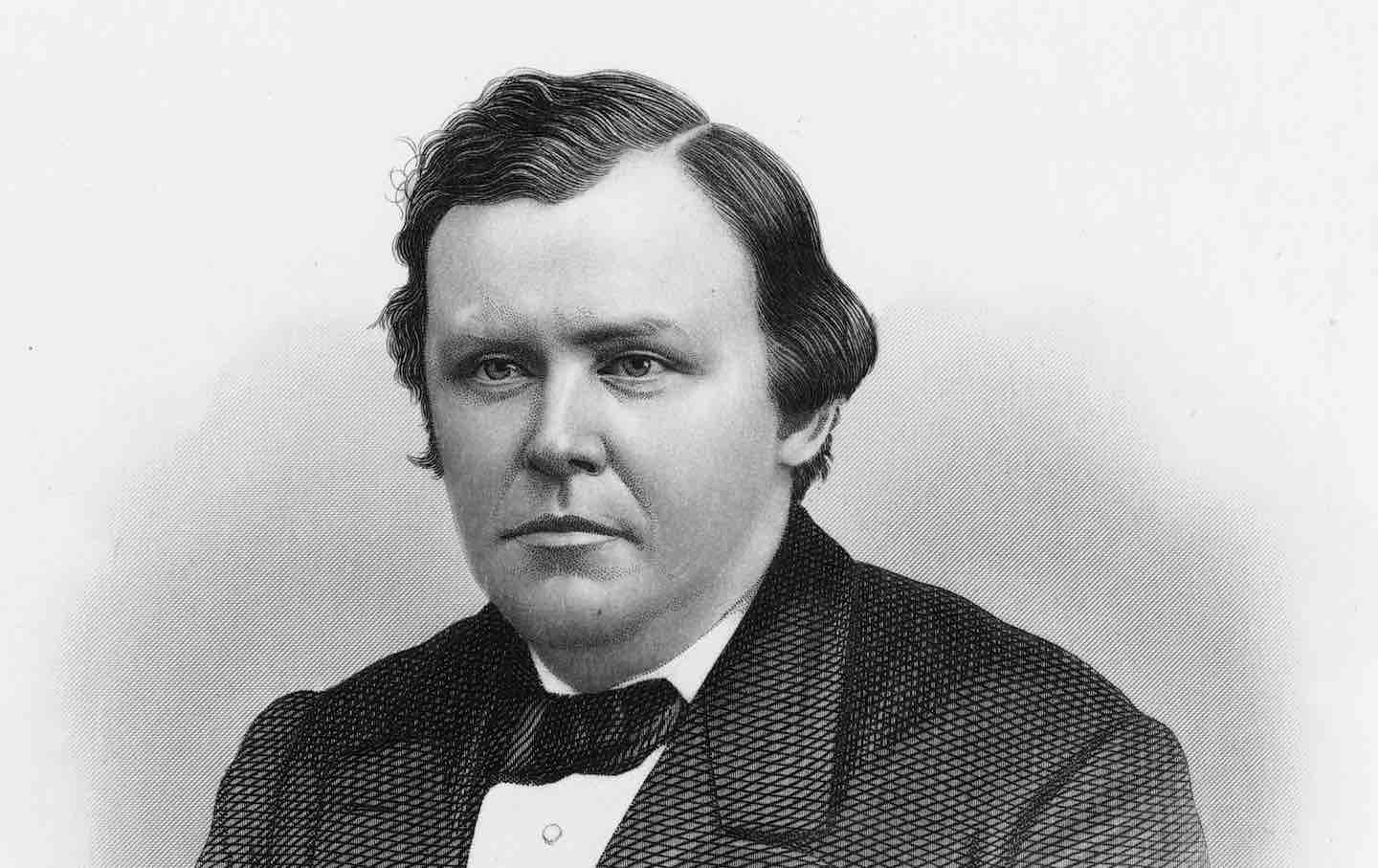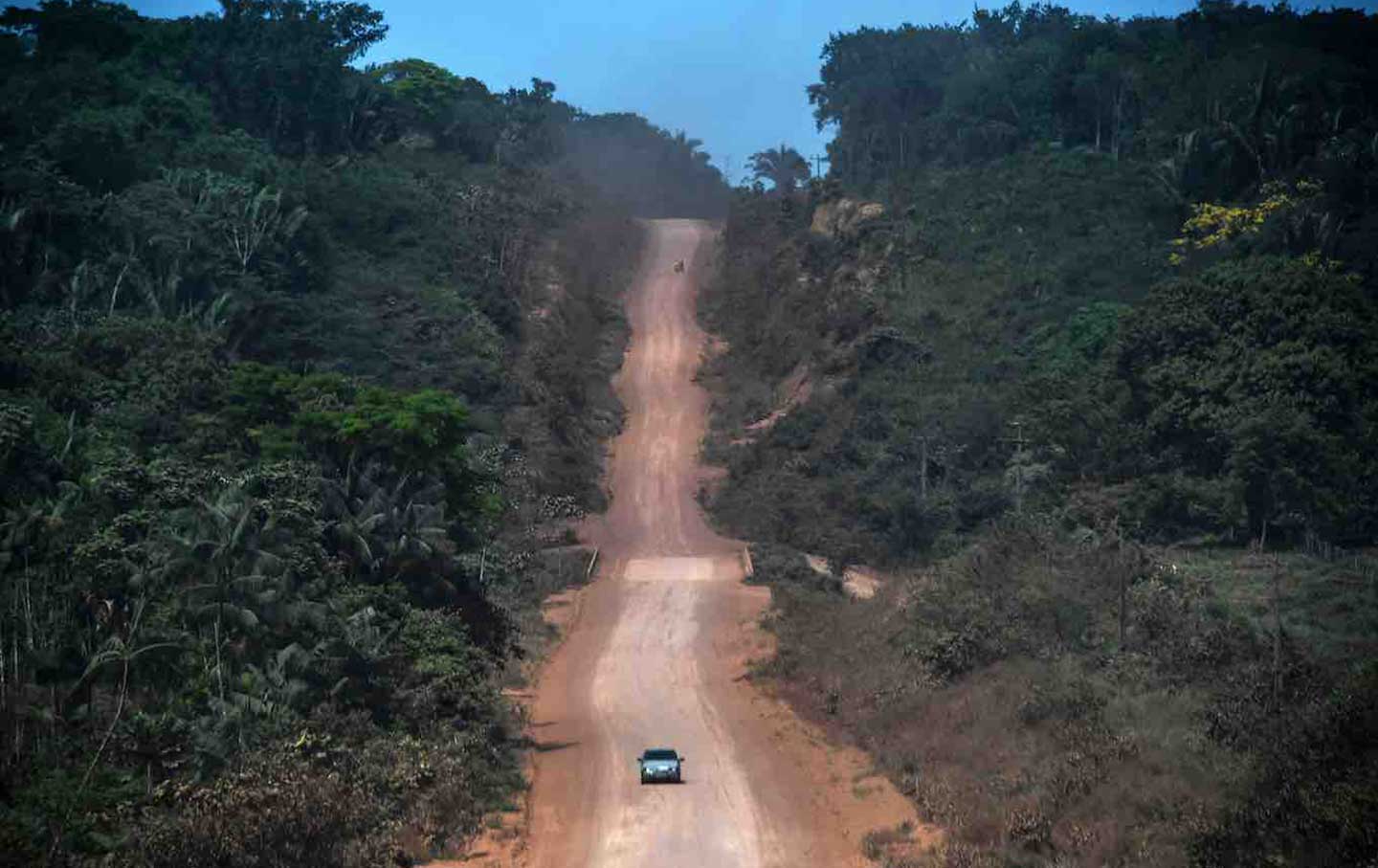The Thing You Fear Is Not the Thing That Kills You
oh but you knew that already. The spider
in the garage is not the secret cigarette
in the garage, the beast in the dark ocean
is not the blood clot darkening a path
to your brain. Seventy-five percent of accidents
occur in the home—invisible puddle
outside the bath, loose handrail to the basement
that you always meant to tighten.
If we acknowledged these dangers every day,
we’d never leave our beds, except to avoid the clot.
But oh how we need to leave the bed,
except when we don’t. Oh how we need Saturdays,
the early autumn sunset on the drive home,
the clerk who beckons us to their line,
a necklace of green lights, the smiling doggo,
even the stupid word doggo. These are the things
that kill us, disasters that break us open.
The birds screech and screech and finally we understand
that they too are merely startled by beauty.
Tiny dinosaur alarms, right outside your window.
All you had to do was pay attention.








